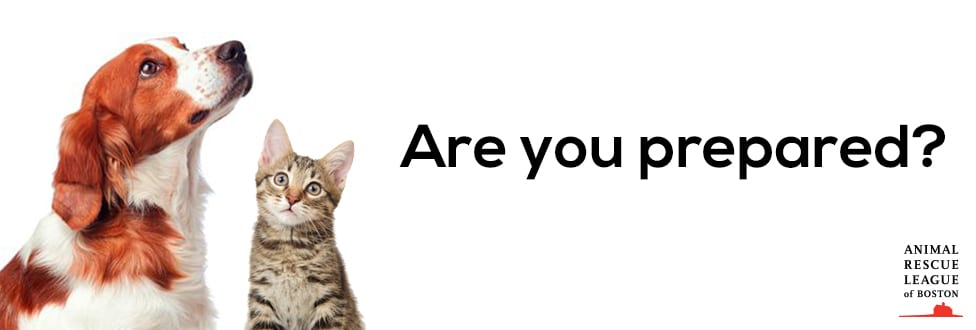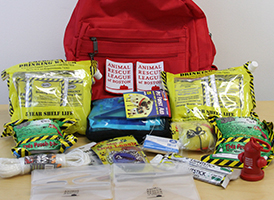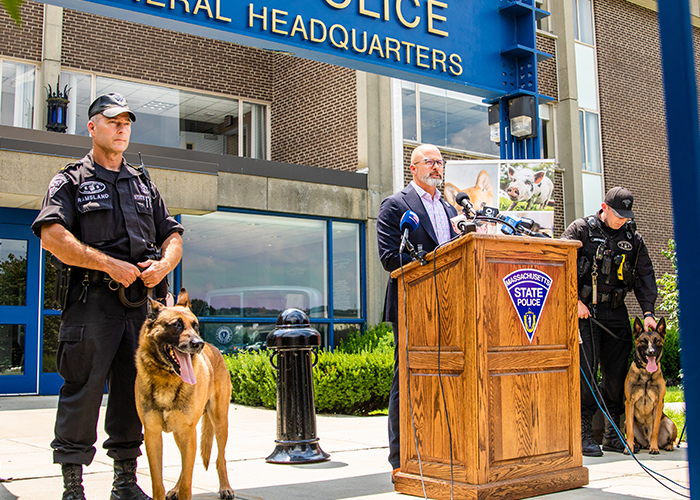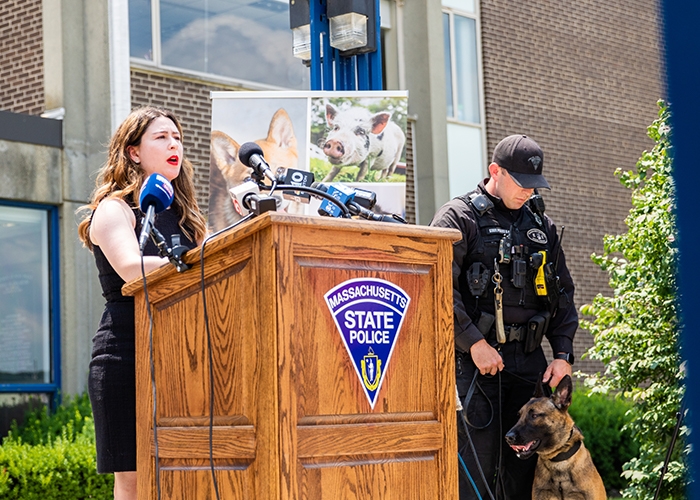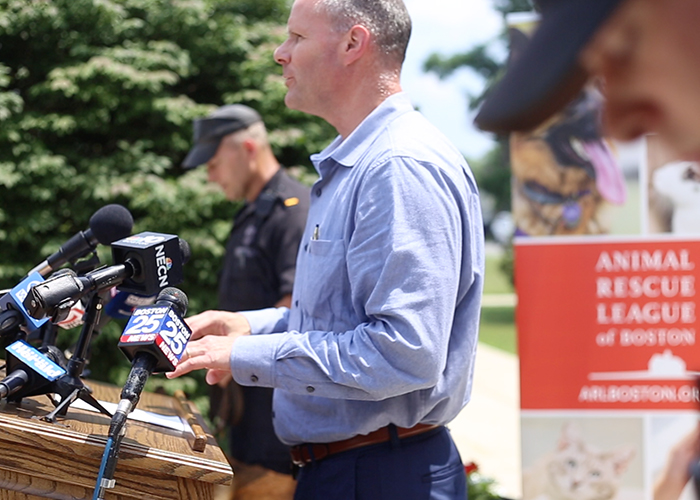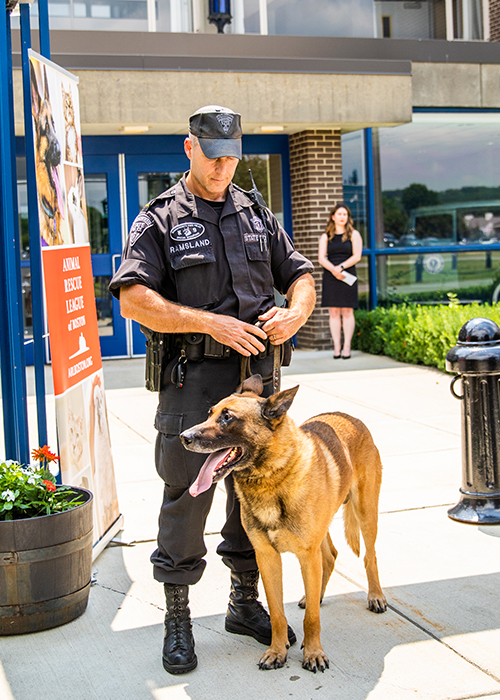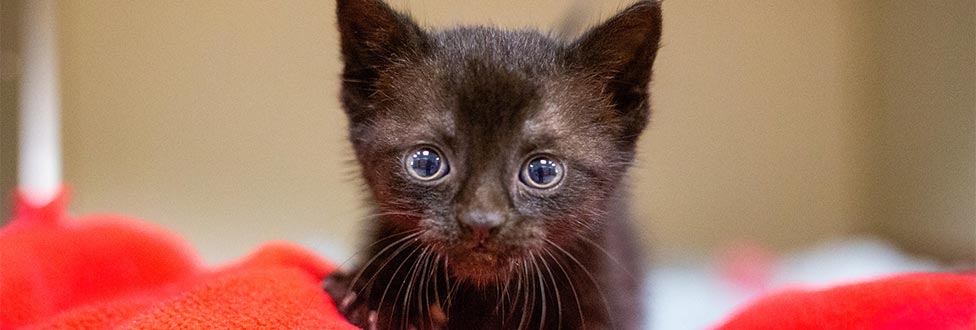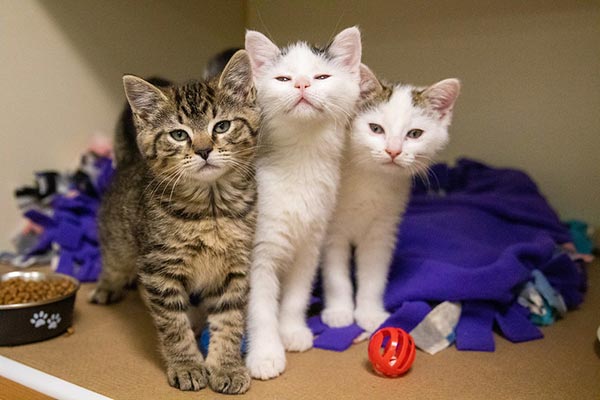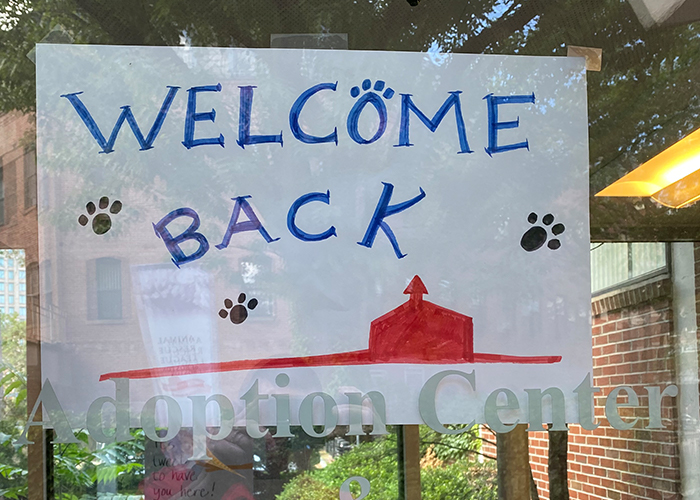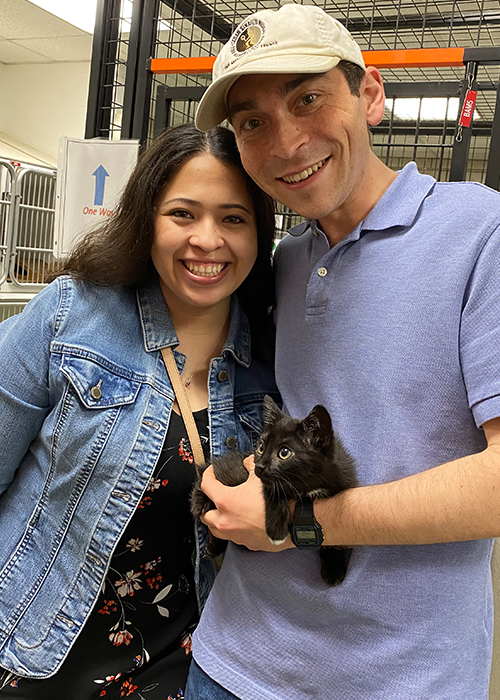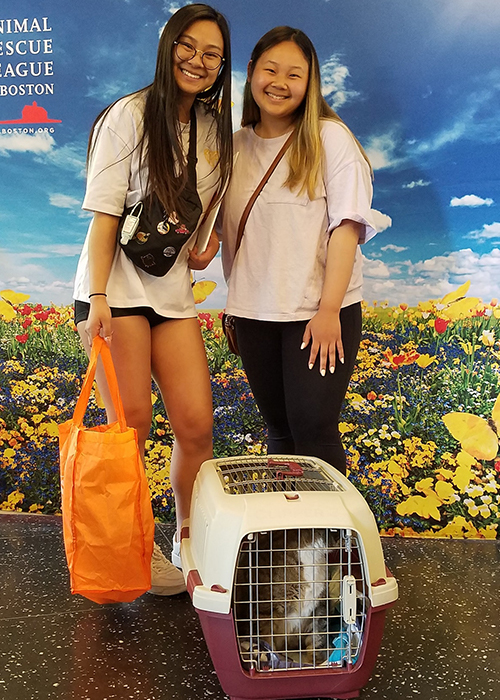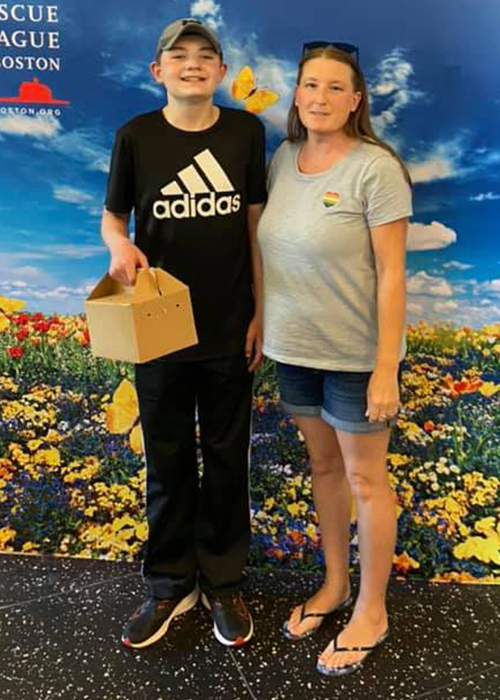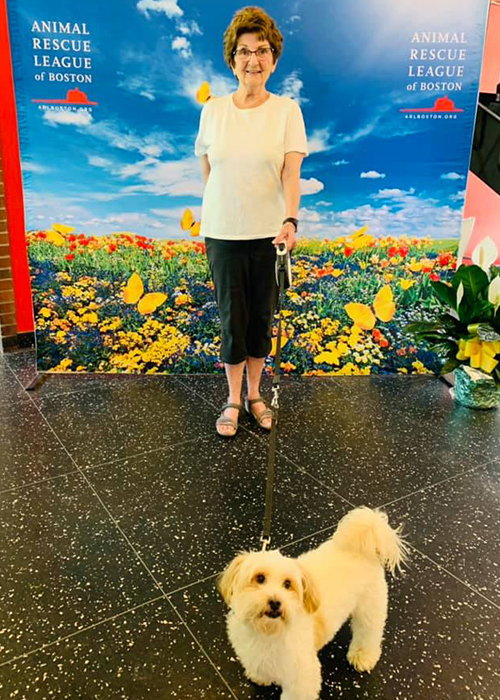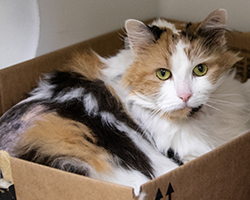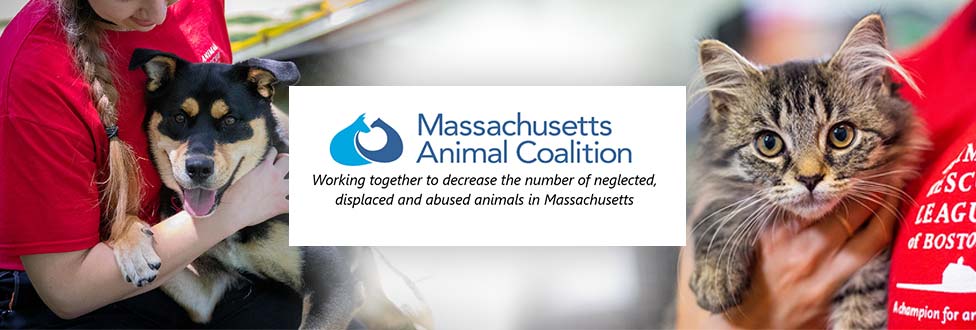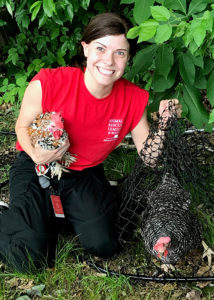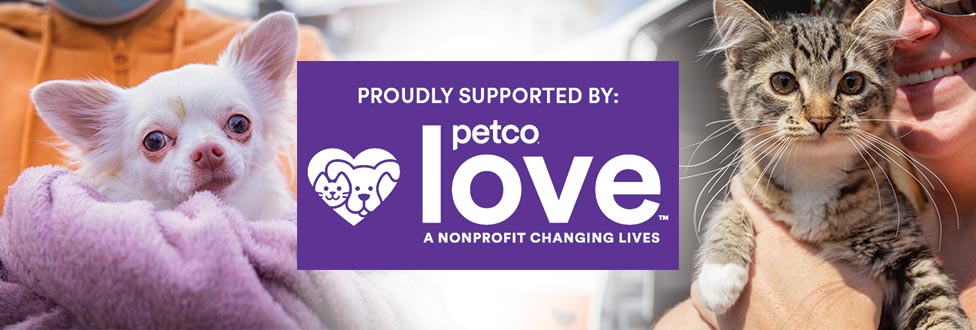It’s Hurricane Preparedness Week in Massachusetts
ARL Reminds Pet Owners to Include Pets in Emergency Plans
On the heels of Tropical Storm Elsa, Governor Charlie Baker has declared July 11-17 as Hurricane Preparedness Week in Massachusetts, to encourage residents to have emergency plans in place when a tropical storm or hurricane impacts the region.
When preparing for any emergency situation, including a tropical storm or hurricane, the Animal Rescue League of Boston (ARL) reminds pet owners to include pets in the planning process.
ARL recommends pet owners keep the following tips in mind for pets:
- Assemble an Emergency Supply Kit. Each animal in your household needs their own kit and should include at least a one-week supply of food and water, along with collapsible dishes; a week supply of medication; photographs, tags, and other identification; leash, harness, crate/carrier; toys, blankets and treats; waste bags, litter and litter tray
- Locate Pet-Friendly Evacuation Centers. Many, but not all, evacuation centers allow pets. Check your area for not only evacuation centers, but pet-friendly hotels, boarding facilities, and even friends or relatives that would allow you, your family, and your pets to stay.
- Make Sure Your Pet is Microchipped. It’s the simplest way to be reunited with your pet should you become separated. If your pet is already microchipped, make sure all contact information is correct and up to date.
- Develop a Buddy System. Connect with friends and neighbors to ensure that someone is willing to evacuate your pets if you are unable to.
Download ARL’s pet preparedness emergency kit.
Additionally, storm conditions including howling winds, driving rain, thunder and lightening, among others, can drastically increase anxiety for your pet.
During a storm make sure to keep an extra sharp eye on your pet, keep them as comfortable as possible and reward calm behavior.

